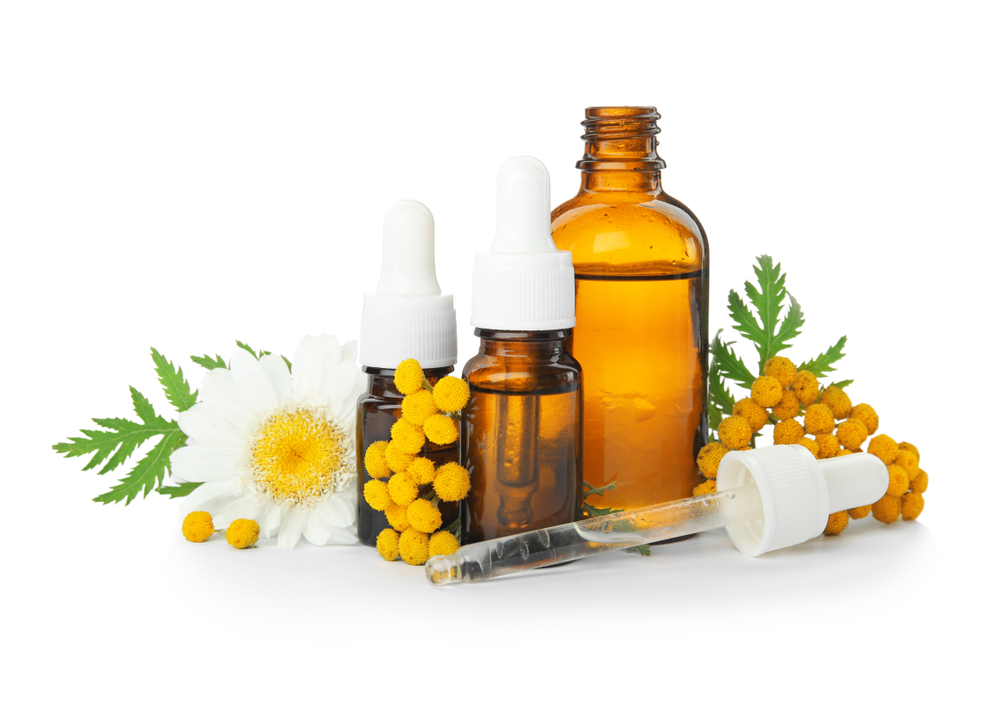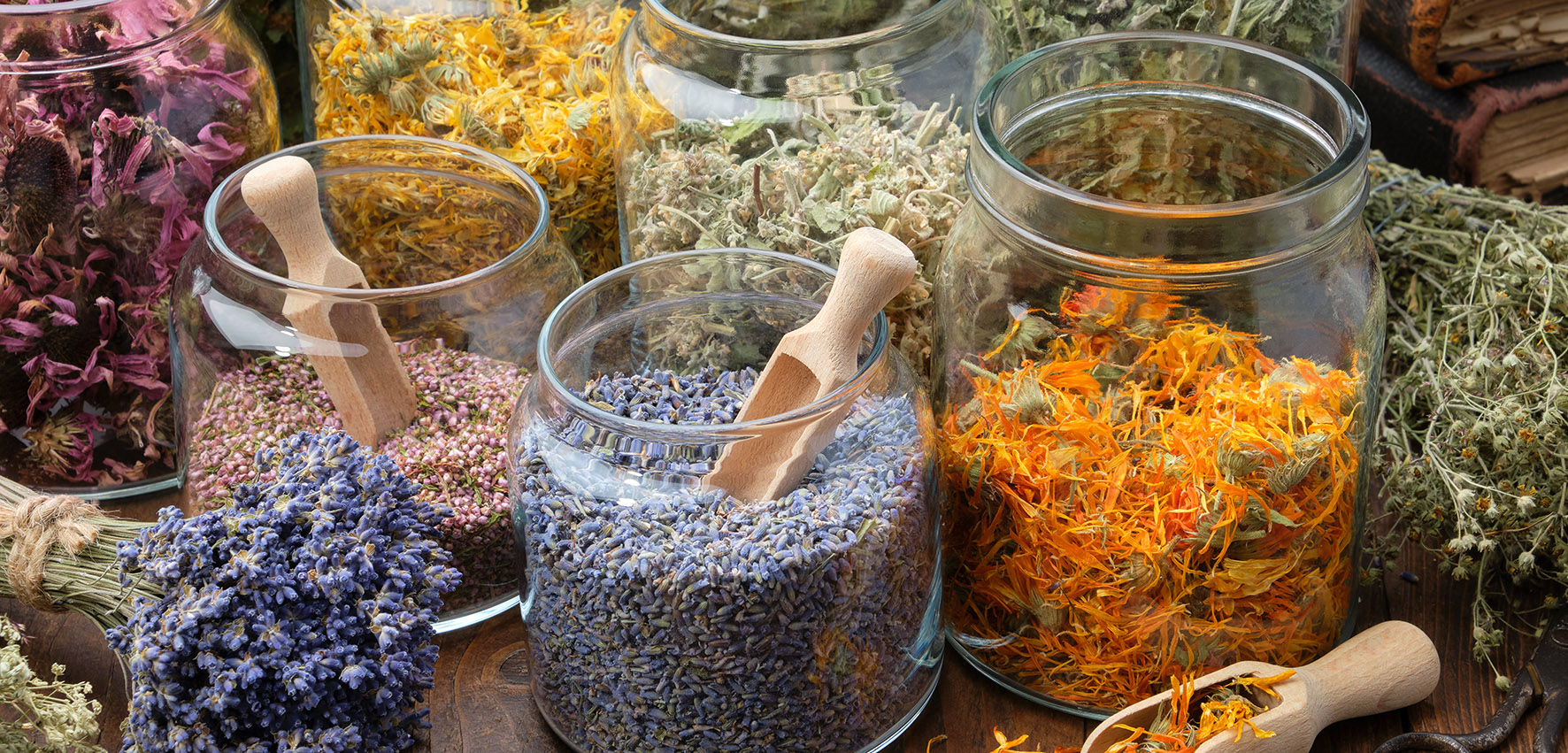For centuries, people across the world have turned to herbal remedies to heal ailments and promote overall well-being. In an era dominated by modern medicine, these natural treatments continue to hold their place, offering complementary and alternative options for health management. The following article delves into the world of herbal remedies, exploring their benefits, popular herbs, and considerations for safe use.
Understanding What Herbal Remedies Are
Herbal remedies are a traditional form of medicine, passed down from generation to generation, which involves using plants or plant extracts to treat health issues. The remedies can come in various forms, including teas, tinctures, capsules, and topical applications. The active ingredients in herbs can offer therapeutic effects, such as anti-inflammatory, antibacterial, and antioxidant properties, making them valuable for a range of conditions.
Herbal remedies offer several advantages, particularly for those seeking natural and holistic approaches to health:
- Natural Healing: Herbal remedies use natural compounds found in plants, often resulting in fewer side effects compared to synthetic medications.
- Complementary Therapy: They can be used alongside conventional treatments to enhance overall health and manage symptoms.
- Preventative Care: Many herbs are jam-packed with vitamins, minerals, and antioxidants that support immune function and overall health.
- Cultural and Historical Use: Herbs have been used for centuries in various cultures, providing a wealth of traditional knowledge and practices.

Popular Herbal Remedies and Their Uses
Here are some widely used herbs and their associated health benefits:
- Chamomile
Uses: Chamomile is renowned across the decades for its calming properties. It is often used to treat anxiety, insomnia, and digestive issues.
Forms: Often consumed as a tea, chamomile can also be found in tinctures, capsules, and topical applications.
- Echinacea
Uses: Echinacea is widely used to boost the immune system and prevent colds and flu. It has anti-inflammatory and antimicrobial properties.
Forms: Available as teas, capsules, tinctures, and extracts.
- Ginger
Uses: Ginger is effective in treating nausea, motion sickness, and digestive issues. It also has vital anti-inflammatory properties and can alleviate pain.
Forms: Fresh ginger root, teas, capsules, and powders.
- Lavender
Uses: The beautiful purple flower of lavender is known for its calming and relaxing effects. It is used to treat anxiety, insomnia, and headaches.
Forms: Essential oils for aromatherapy, teas, and topical applications.
- Peppermint
Uses: Peppermint aids in digestion and relieves symptoms of irritable bowel syndrome (IBS). It can also alleviate headaches and respiratory issues.
Forms: Teas, capsules, essential oils, and topical applications.
Safety and Considerations
While herbal remedies can offer numerous health benefits, it is essential to use them safely and effectively:
- Consult Healthcare Providers: Before starting any herbal remedy, especially if you are pregnant, nursing, or taking other medications, consult with your healthcare provider to avoid potential interactions and side effects. If you wish to purchase CBD Gummies at CBD Guru, ensure you speak to their team beforehand.
- Quality and Source: Choose high-quality products from reputable sources to ensure safety and efficacy. Look for certifications and avoid products with contaminants.
- Proper Dosage: Follow recommended dosages and instructions on herbal products to avoid adverse effects. More is not always better.
- Monitor Reactions: Pay attention to how your body responds to herbal remedies. Stop using the herbal remedy and seek medical advice if you experience any adverse reactions.
Herbal remedies offer a valuable alternative or complement to conventional medicine, harnessing the healing power of nature to promote health and well-being. By understanding the benefits and proper use of popular herbs like chamomile, echinacea, turmeric, and others, individuals can incorporate these natural treatments into their health regimen safely and effectively. As with any health-related decision, it is crucial to consult healthcare providers to ensure that herbal remedies are appropriate for your specific needs and circumstances. Embracing the wisdom of herbal medicine can lead to a more balanced and holistic approach to health, blending the best of traditional and modern practices.





